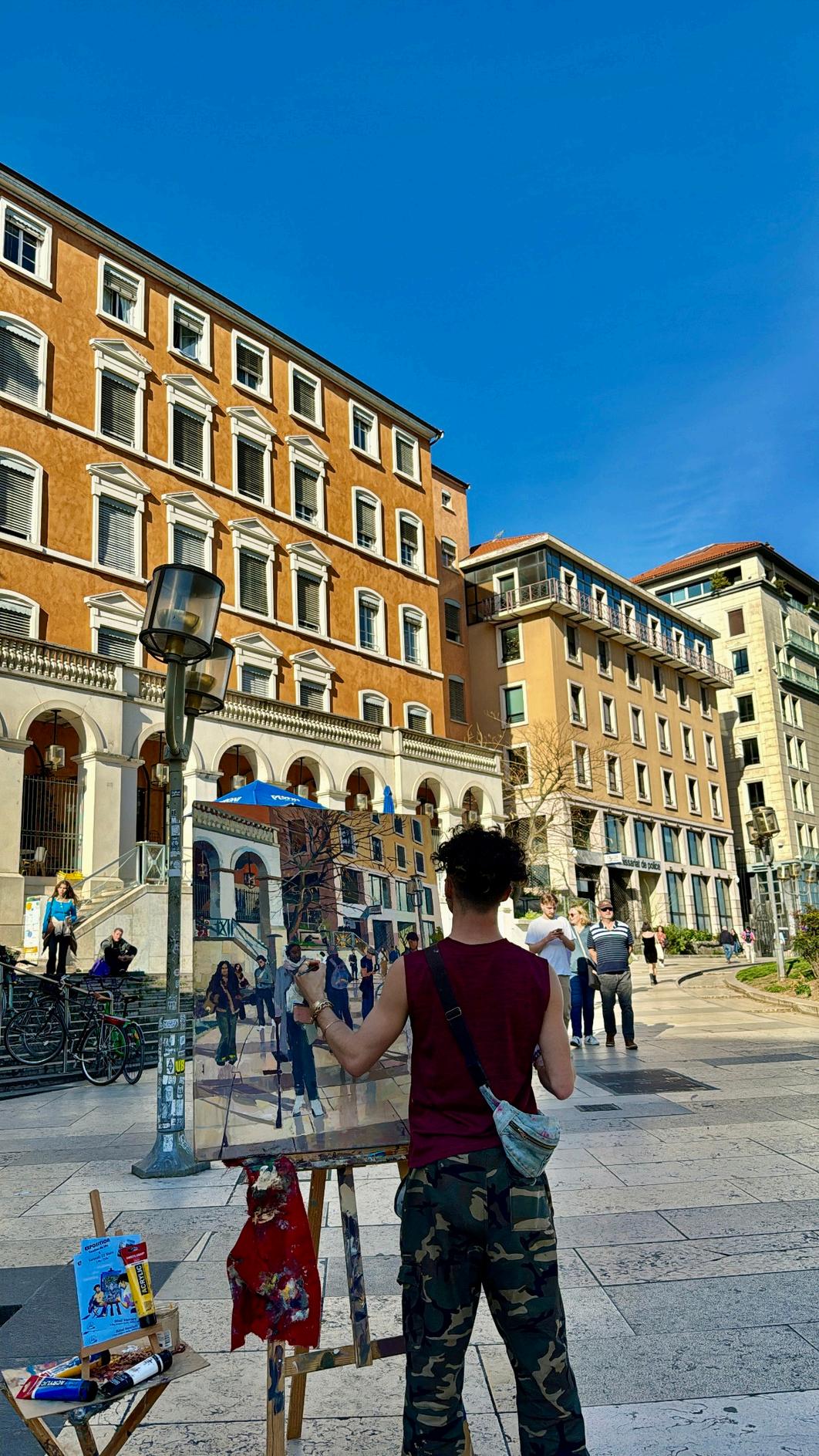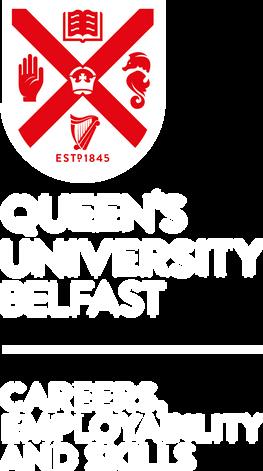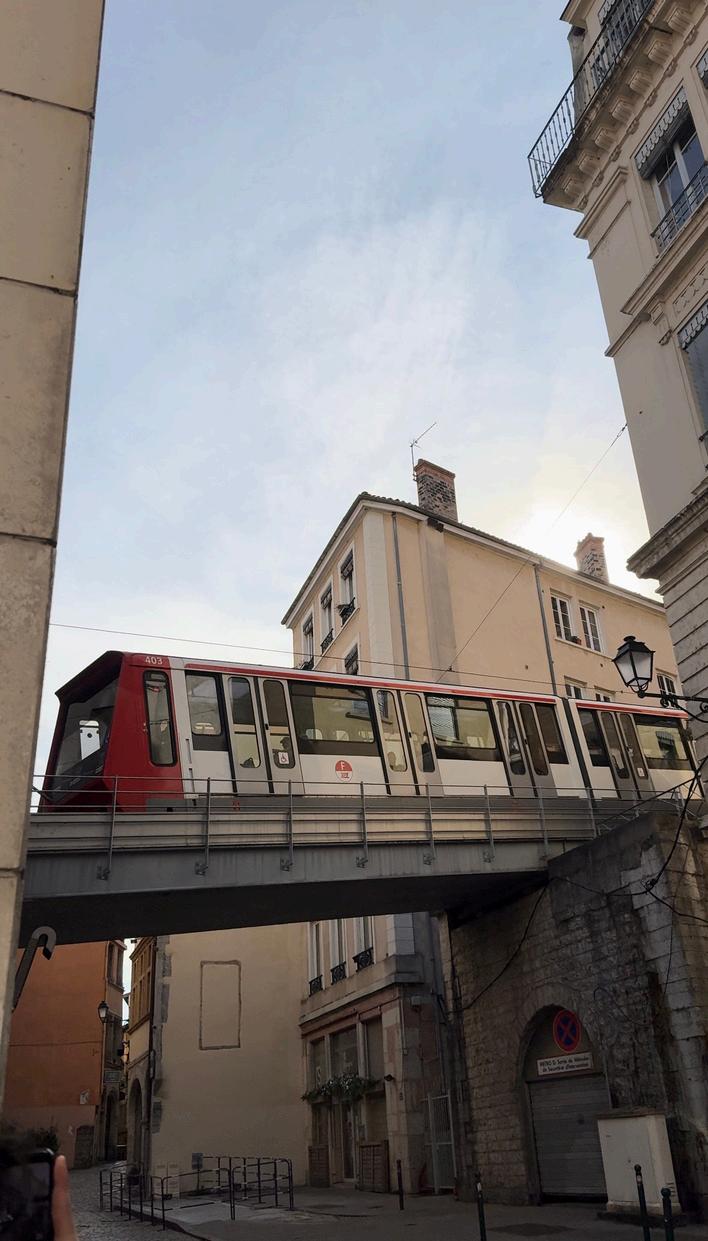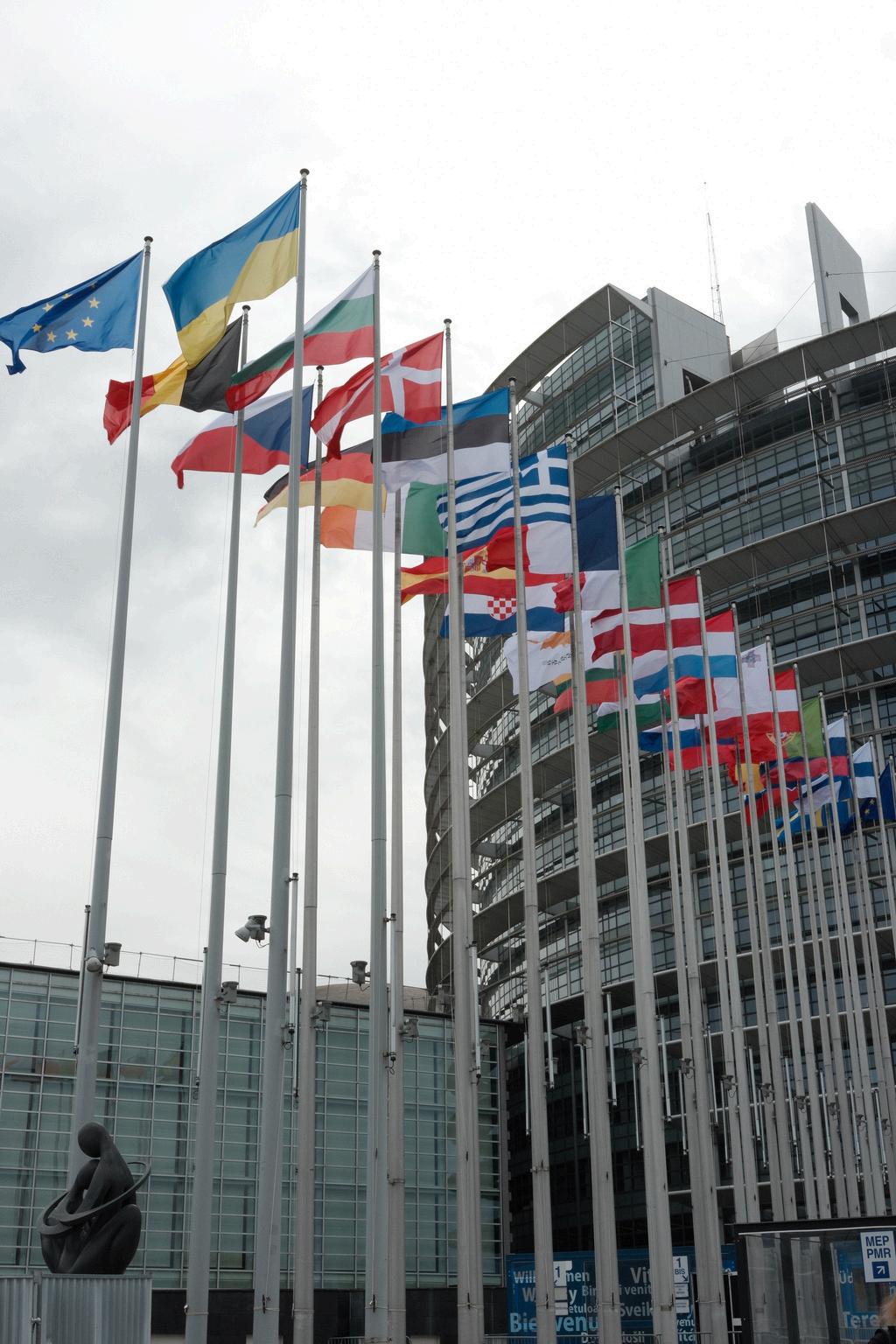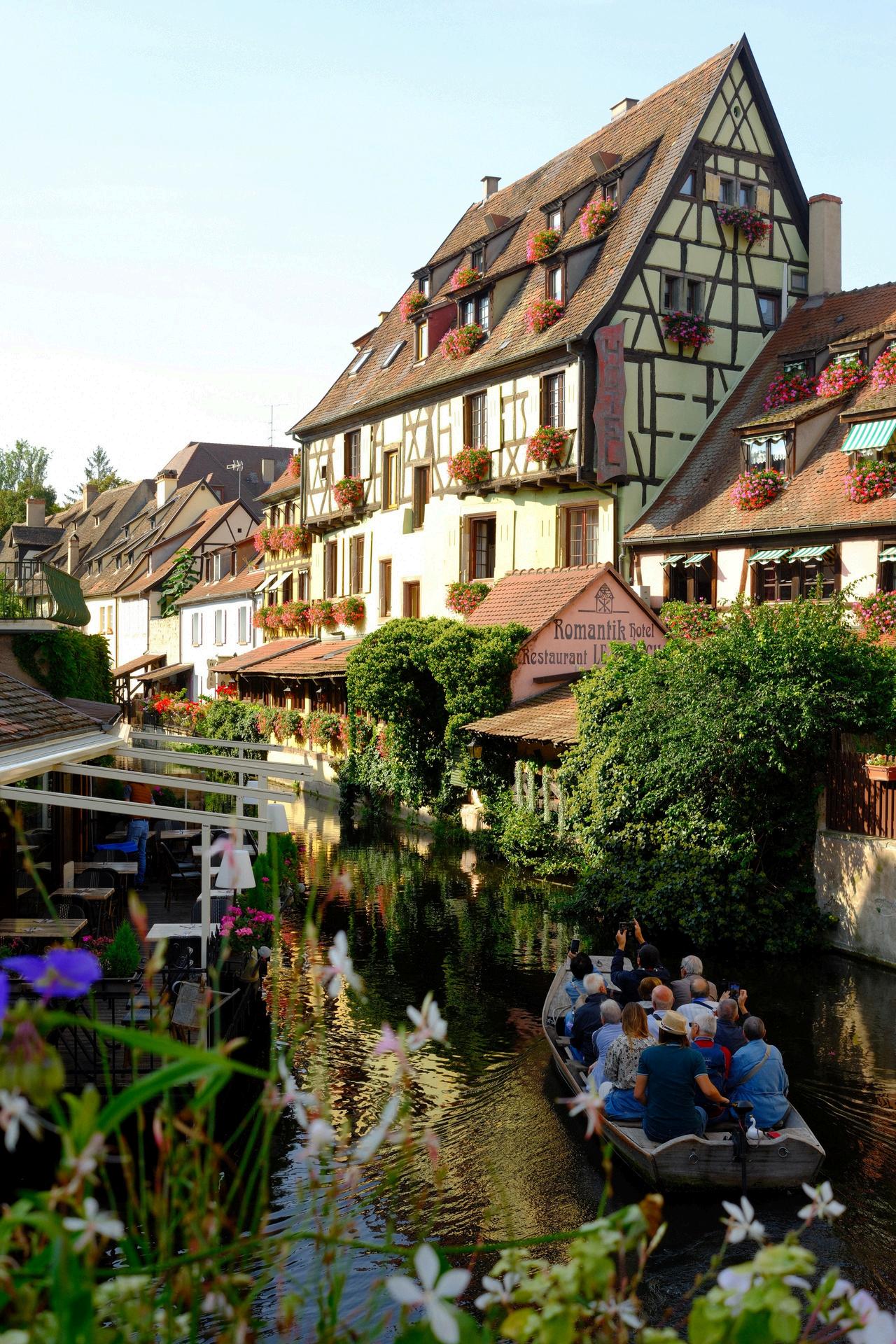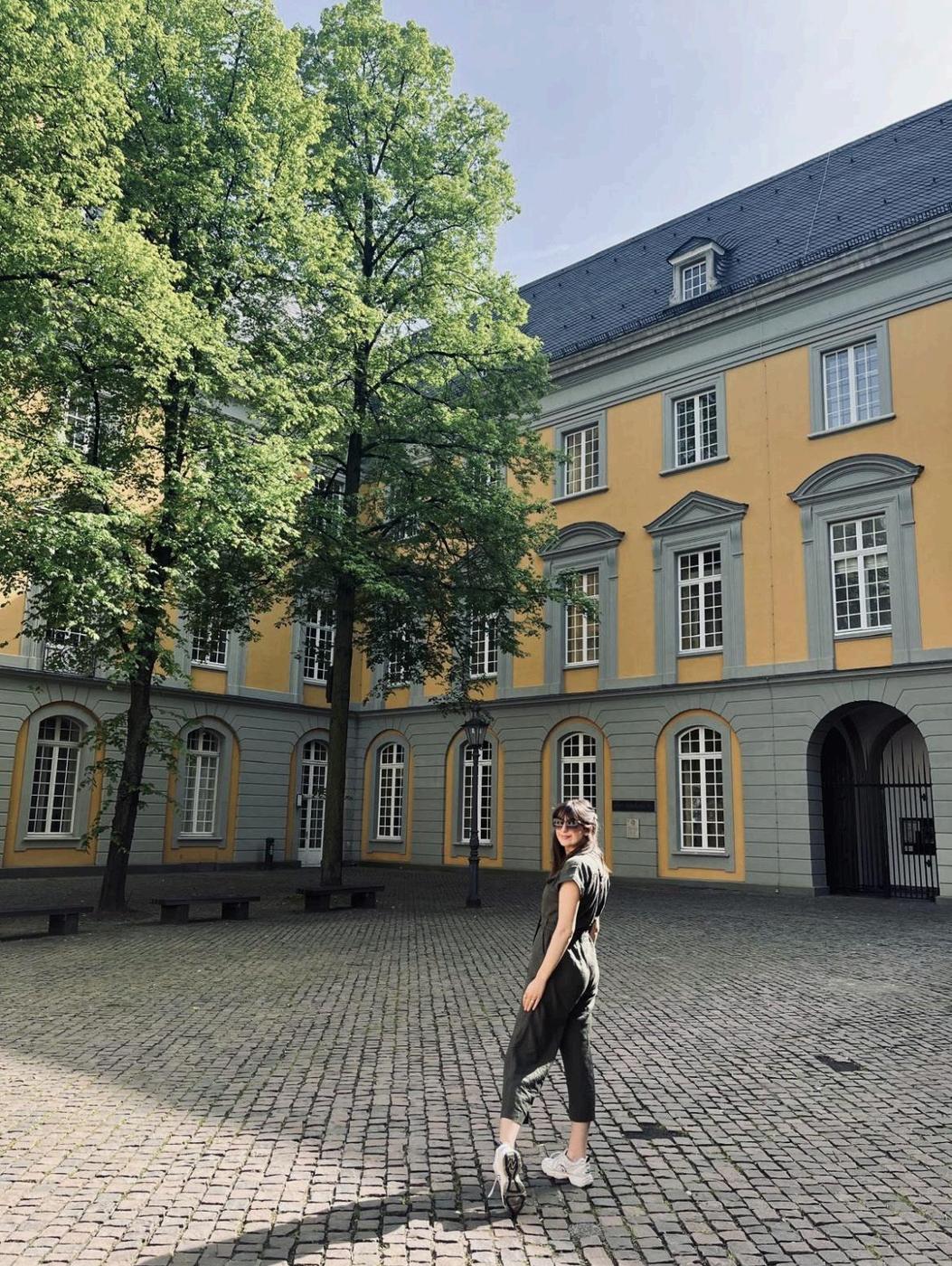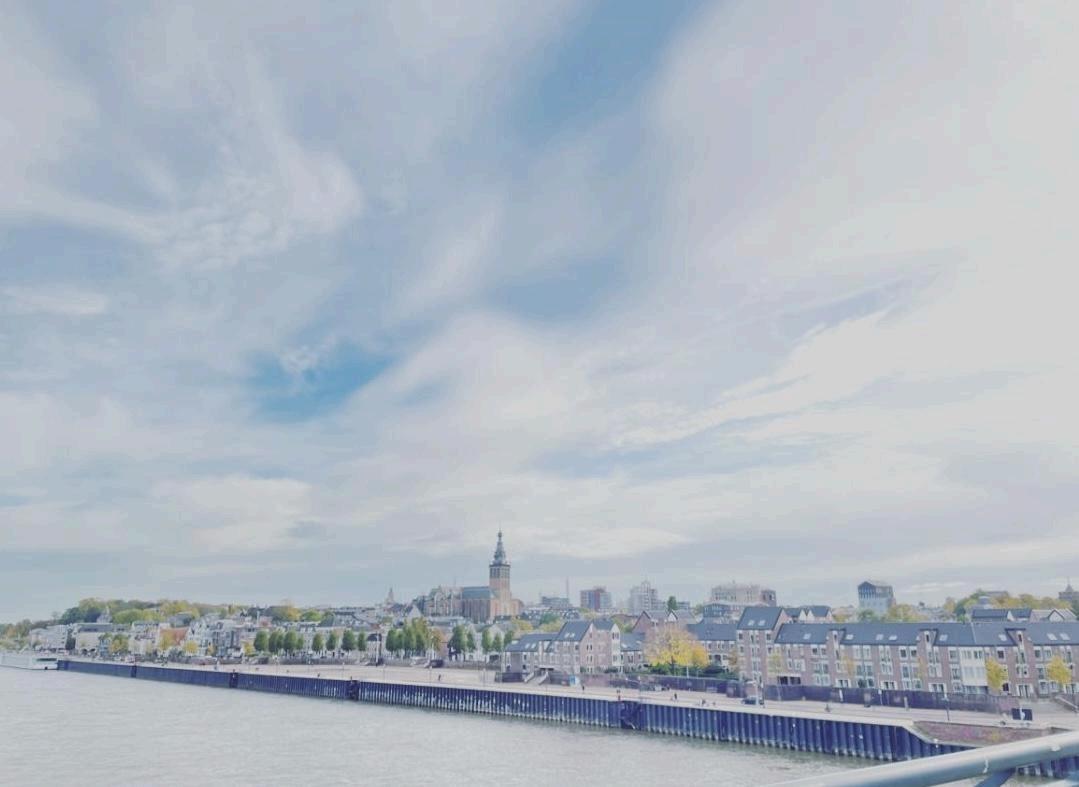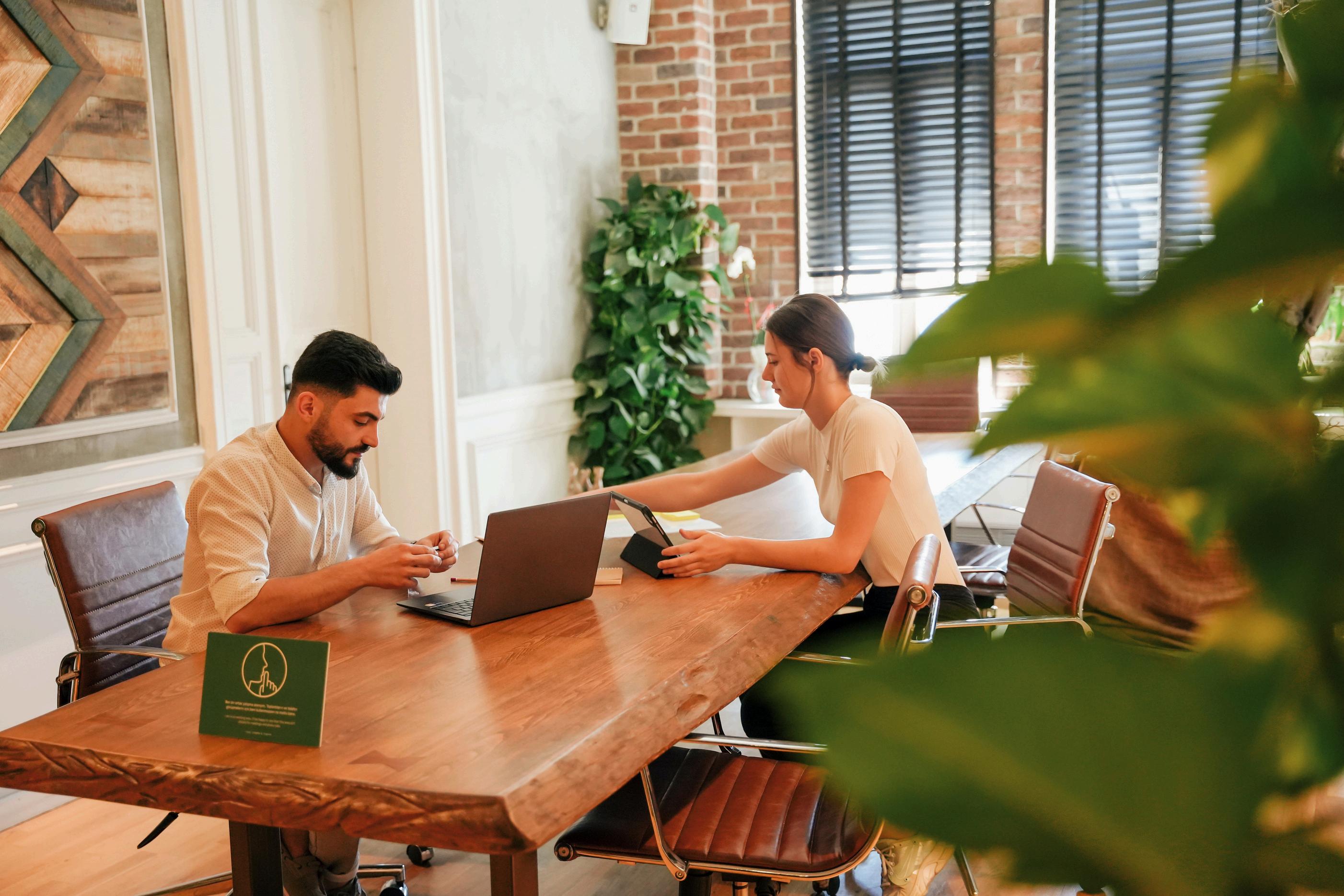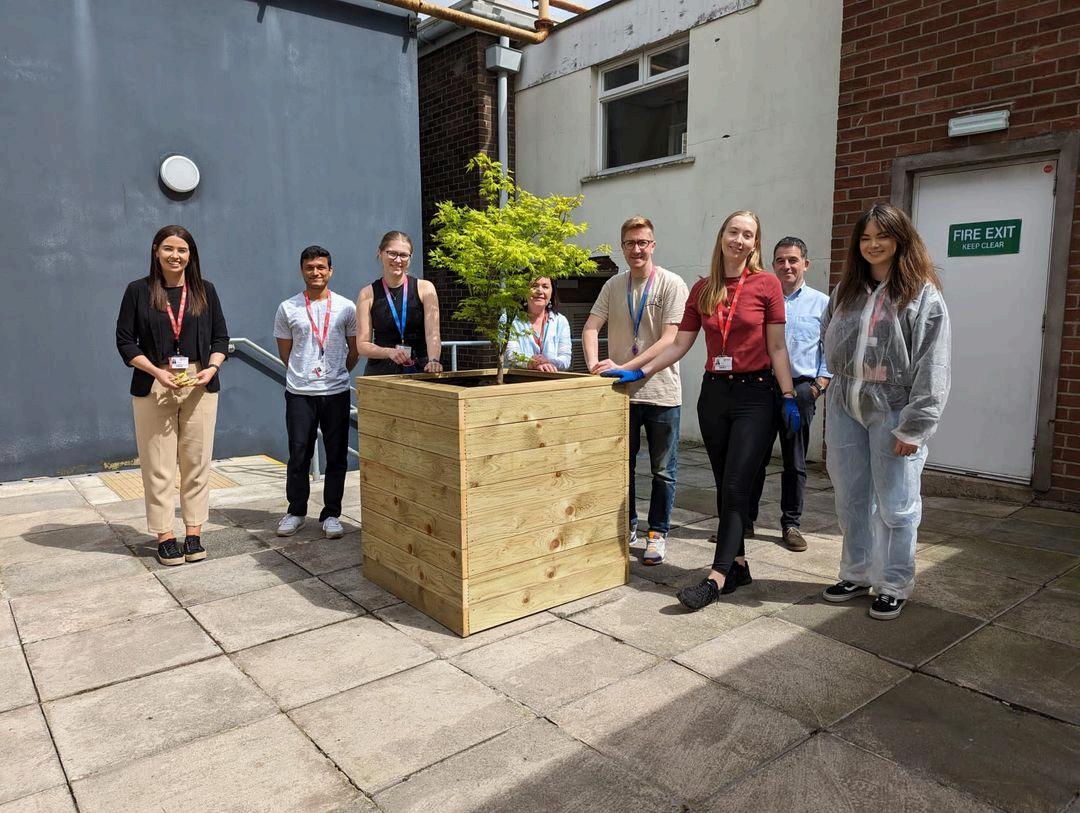Finding accommodation
From my experience, in France, proof of accommodation is commonly required. This can include opening a bank account, buying a SIM card, and applying for CAF, etc. You may find the private accommodation market is competitive so delaying your search could lead to expensive options or added stress. If you ' re going to France check out CROUS, which could be affordable.
Opening a local bank account
Check you have the documents you will be asked for: proof of identity, residence and student status. Weigh up whether a local bank meets your needs or an online bank will be adequate. Always do your research so that you ' re comfortable you'll receive the service you need for a fair price.
Local SIM card
I recommend getting an e-SIM unless your phone supports dual SIM. This way you can keep both accounts active on your travels which may help with multifactor authentication for things such as your bank account or receiving OTPs.
Support from local government
Explore whether you would be entitled to support due to your status as a student in another country. For example, in France students can apply to avail of the benefits through CAF. Often information is available on your host university website and will likely have an online application process. I found that CAF helped support my living costs and could be helpful to you too!
Transportation
Research public transport subscriptions and make the most of them.
For instance, in Lyon, a monthly pass costs 25€ and allows unlimited use of buses, trams, and metros throughout the city.
FivethingsIdidn'texpectto discoveronmyexchange:
Emilia studied English and History in Radboud University, Nijmegen
“1. The welcoming and exciting environment within the international community. ‘Intro Week’ allowed for me to go to events with other international students – many of whom are now friends for life!”
“2. My positive personal growth. An example is going to events where I didn't know people – I quickly realised I had lots in common with others on exchange and made some close friends by saying ' yes ' to these opportunities!”
“3. The accessibility of travel. The Netherlands has one of the best train networks and international airports in the world. I visited many major cities in the Netherlands, Germany, Belgium, and even reached Milan in Italy!”
“4. Biking. This became central to my life! My main mode of transport around Nijmegen and a great weekend activity with friends exploring towns and villages. We even crossed into a different country with our day trip to Germany.”
5. The most unexpected thing: love! Meeting my boyfriend at class, learning the Dutch language, the culture of the food and festivals such as ‘Koningsdag.’ This truly was a magical experience
We know many of our students who take part in our study or work abroad programmes are also climate conscious! We appreciate that travel can be bad for the environment, however, here are some tips to help you make sustainable choices before and after your time abroad!
Here are some top tips to help you travel green and make a positive environmental impact during your time abroad:
2. Pack Sustainably- Remember to include reusable water bottles and shopping bags in your luggage to prevent using plastic items at your host destination! Consider Eco-Friendly Travel Options – instead of a connecting flight consider trains and buses. Once at your host uni explore cycling or walking to get around. 1.
3. Support Local and Sustainable Businesses: Shop at local markets or second-hand stores, eat at restaurants that use locally sourced ingredients, and choose souvenirs that are sustainably made.
At Queen’s, our Sustainability Team and Green at Queen’s initiative offer a variety of workshops, events, and grants to help you learn and implement good sustainability practices.
Whether you are abroad or back on campus, there are plenty of ways to make a positive environmental impact! Learn more about Green at Queen’s here.
travels and stay green! Global Opportunities Team
Look out for the next edition of The Liftoff coming in August.
Don't forget, if you have any queries just pop us an email at goglobal@qub.ac.uk or book an appointment with one of our team here

